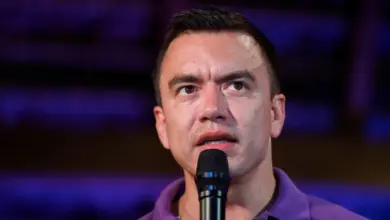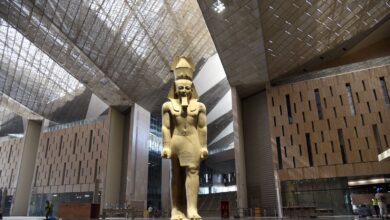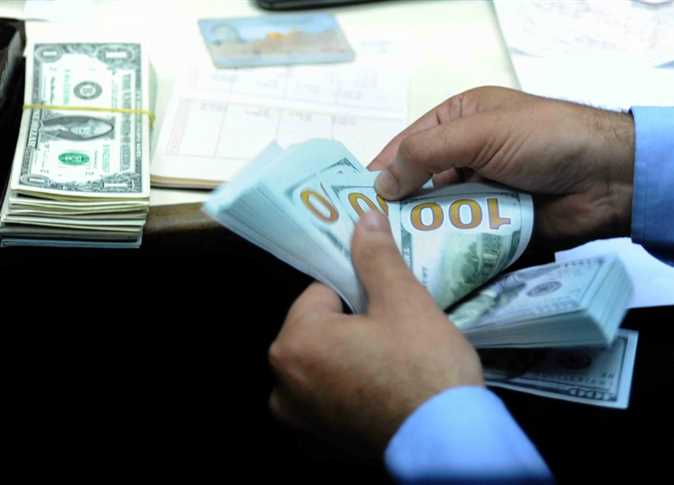Quito–Ecuador will move to take over the operations of foreign oil companies in the country unless they sign new contracts agreeing to increased state control over the sector, President Rafael Correa said on Saturday.
The government wants foreign oil operators to give up profit-sharing deals and sign new contracts under which they would become service providers. But negotiations over the new contracts are progressing slowly and Correa said his government will propose legislation to force the issue.
The leftist president says OPEC-member Ecuador needs to increase control over its own natural resources.
“Every day that passes there are millions of dollars going to these companies that should be going to the Ecuadorean state,” Correa said during a televised address.
“I’ve run out of patience,” he said. “We are sending a bill to Congress that would allow for the expropriation of oil fields if the companies not want to sign the new contracts.”
Spain’s Repsol, Brazil’s Petrobras, Chinese consortium Andes Petroleum and Italy’s Eni operate in the Andean country, despite Correa’s ongoing spats with the private sector.
One analyst said Correa’s statement was a negotiating tactic as talks reach a critical stage
“The government’s rhetoric is driven by its need to raise revenue and reduce its deficits. But a nationalization of private oil assets in Ecuador is probably not imminent,” said Gary Kleiman, of Washington-based emerging markets consultancy Kleiman International. “I think there is room to negotiate.”
Ecuador has been cut off from the international capital markets since the government in 2008 defaulted on US $3.2 billion in bonds.
Correa has a troubled relationship with foreign investors. He has sided with plaintiffs in the Amazon region of the country who are suing US oil company Chevron Corp for US$27 billion in environmental damages.
He also threatened to nullify an arbitration ruling against his government in its feud with the oil giant.
The push for state control over oil and minerals in Latin America is being spearheaded by Venezuela’s socialist leader Hugo Chavez. It remains politically potent in Bolivia as well.




